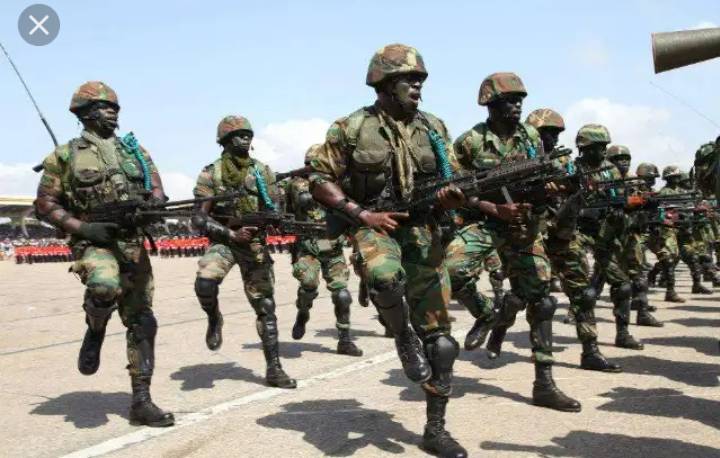The contribution of troops to UN peacekeeping has for decades been a central component of Ghana’s foreign policy instruments.
New research explores how the peacekeeping experiences of the Ghana Police Service affects the performance of police officers at home.
The studies show that footprints from peacekeeping are strongly present in some areas, such as the military’s engagement in internal security operations and the Ghana Police Service’s counterterrorism practices, and less so in everyday policing, where local power dynamics, political and economic interests take over.
The research is published in the special issue Assembling Peacekeeping and Policing in Ghana in Contemporary Journal of African Studies (CJAS). Nine Ghanaian and two Danish scholars have investigated how Ghana’s participation in peacekeeping has transformed (or not transformed) law enforcement back home and the reasons why.
In doing so, the special issue addresses an area of research on peacekeeping that has not garnered a lot of attention: How peacekeeping has influenced the provision of security within the borders of a country that contributes substantial security personnel to peacekeeping missions.
The papers each revolve around the question of how the peacekeeping experience has transformed perceptions of what maintaining law and order means among Ghanaian police and military officers and how domestic order-making reflects practices and both personal and collective experiences from peacekeeping. They also provide insight into how appropriations of discourse and practice from peacekeeping have influenced and been fundamentally shaped by Ghana’s history, including its colonial past.
The special issue is an output of the Domestic Security Implications of Peacekeeping in Ghana (D-SIP) programme, which is funded by the Danish Ministry of Foreign Affairs and supported by the Danish Fellowship Centre.
The studies show that footprints from peacekeeping are strongly present in some areas, such as the military’s engagement in internal security operations and the Ghana Police Service’s counterterrorism practices, and less so in everyday policing, where local power dynamics, political and economic interests take over.




No comments yet
Be the first to share your thoughts!